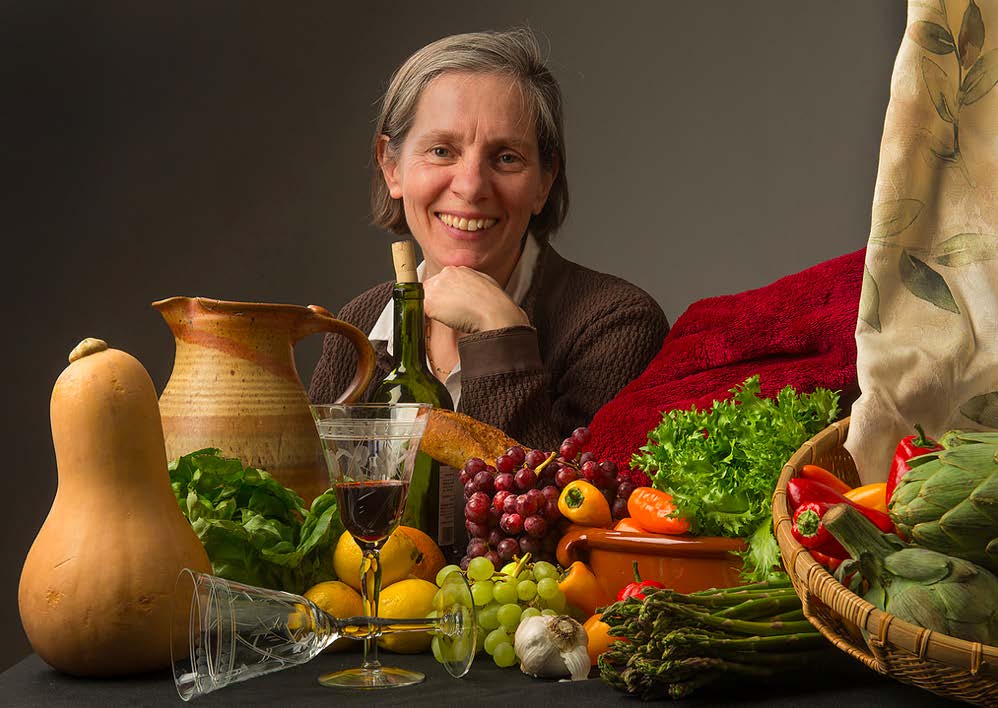Hispanic Studies
Carolyn Nadeau
Byron S. Tucci Professor of Spanish
Mon: 8-9 a.m.
Tue: 1-4 p.m.
Wed: 3:30-4:30 p.m.


B.A. - University of Virginia; M.A. - New York University in Madrid; Ph.D. - Pennsylvania State University
Dr. Carolyn Nadeau teaches medieval and early modern Spanish literature and culture classes as well as courses for Spanish and the professions, “Spanish for Social Justice” and “Medical Spanish and Cultural Competency for Health Care,” and “Business Spanish in its Cultural Context.” In addition, she has taught courses in Literature in Translation, directed off-campus studies in London, Madrid, and Barcelona, and taught both in the Humanities sequence and in the first-year writing "Gateway" program. One of her most memorable teaching experiences was the 2015 senior seminar, "El individuo y la sociedad en la literatura picaresca," in which a group of intellectually-charged majors read, analyzed, and discussed picaresque novels and themes of anti heroism, crime and punishment, and concepts of the self in terms of gender, race, religion, and social norms. Students wrote fascinating research papers and several presented their findings at the John Wesley Powell Research conference.
Her research focuses on food representation in sixteenth-century and seventeenth-century Spanish literature. With the support of an NEH fellowship she is publishing a critical edition and translation of Francisco Martínez Montiño’s 1611 cookbook, Arte de cocina, pastelería, vizcochería y conservería [The art of cooking, pie making, pastry making and preserving] (University of Toronto Press, 2023). Taking readers back to the Spanish Habsburg court, this project presents a nuanced understanding of what foods were prepared and consumed during a monumental time in Spain’s culinary history.
Other recent publications include the monograph, Food Matters. Alonso Quijano’s Diet and the Discourse of Early Modern Food in Spain (University of Toronto Press, 2016), which contextualizes the shifts in Spain’s gastronomic history at many levels of society and in the process explores the evolving social and cultural identity of early modern Spain. She has also published articles on images of taste on the early modern Spanish stage, sensory ailments in early modern domestic literature, peppers and basil as Old World-New World markers in the writing of Cervantes, a gastronomic map of Don Quixote, the role of wine in the formation of Morisco identity, and contributions of medieval food manuals to Spain’s culinary heritage. For more information, see the links below.
▷ View Dr. Nadeau's curriculum vitae
▷ View Dr. Nadeau's recent research
▷ View Dr. Nadeau's courses taught at IWU